Posted on 07/23/2025 22:17 PM (CNA Daily News)
 Consultant Surgeon Andrew Ready and his team conduct a live donor kidney transplant at The Queen Elizabeth Hospital Birmingham on June 9, 2006, in Birmingham, England. / Credit: Christopher Furlong/Getty Images
Consultant Surgeon Andrew Ready and his team conduct a live donor kidney transplant at The Queen Elizabeth Hospital Birmingham on June 9, 2006, in Birmingham, England. / Credit: Christopher Furlong/Getty Images
CNA Staff, Jul 23, 2025 / 18:17 pm (CNA).
The U.S. Department of Health and Human Services (HHS) has announced a sweeping reform initiative of the nation’s organ transplant system after a four-year investigation by the Health Resources and Services Administration (HRSA) uncovered systemic ethical and safety violations.
The violations discovered during the investigation, outlined July 21 in an HHS press release, showed “that hospitals allowed the organ procurement process to begin when patients showed signs of life,” said HHS Secretary Robert F. Kennedy Jr., who called this “horrifying.”
“The organ procurement organizations that coordinate access to transplants will be held accountable,” Kennedy continued. “The entire system must be fixed to ensure that every potential donor’s life is treated with the sanctity it deserves.”
The investigation identified major problems with organ procurement processes, including poor neurologic assessments, inadequate coordination with medical teams, questionable consent practices, and misclassification of causes of death, particularly in overdose cases. Smaller and rural hospitals were found to be especially vulnerable.
Joseph Meaney, former president of the National Catholic Bioethics Center, said on “EWTN News Nightly” on July 22 that these problems are “extremely concerning” and that organ procurement processes have had “persistent flaws.”
The Catechism of the Catholic Church teaches that organ donation after death “is a noble and meritorious act and is to be encouraged as an expression of generous solidarity.”
The donor or a proxy must consent, however, and organs cannot be removed until there is “moral certitude” a person is dead, Meaney said. “The Uniform Determination of Death Act says there has to be zero functioning in the brain to be able to declare a person brain dead … before any kind of vital organ donation process is initiated.”
The HRSA investigation was prompted by the troubling case of Anthony Thomas Hoover II. According to the New York Times, Hoover, now 36, was hospitalized four years ago in Kentucky for a drug overdose.
He was unresponsive for two days, and his family agreed to remove life support so his organs could be harvested.
A federally funded organ procurement organization (OPO) called Network for Hope (formerly known as Kentucky Organ Donor Affiliates) began the process of procuring his organs even though he allegedly seemed to be improving. According to the Times, he was “thrashing on the bed” and subsequently sedated.
Hospital staff became “uncomfortable with the amount of reflexes” the patient was exhibiting, and some began to call his organ procurement procedure “euthanasia,” though representatives of the procurement group told them it was not.
A physician refused to withdraw life support and continue with the organ procurement, despite pressure from the procurers. Hoover survived, though he suffers from neurological impairment.
The HRSA’s investigation of Network for Hope revealed 351 instances where organ donation was authorized but not completed. The results were alarming: 103 cases (29.3%) showed cause for concern, including 73 patients with neurological signs incompatible with organ donation.
Most disturbingly, at least 28 patients may not have been deceased when organ procurement began.
Network for Hope CEO Barry Massa said in a statement to CNA on July 22 that “patient safety is our top priority. Network for Hope looks forward to working collaboratively with HHS and HRSA and encourages the development of policies that support the betterment of the organ transplant system as a whole.”
Every state is served by one or more nonprofit organ procurement organizations (OPOs) that work with hospitals to manage organ donations.
HRSA has directed the implicated OPO to strengthen its patient safeguards and has mandated rigorous corrective actions. These include a root cause analysis of its failure to follow protocols, such as the five-minute observation rule post-death, and the development of clear donor eligibility criteria.
The organ procurement organization must also establish a procedure allowing staff to halt donation if safety concerns arise. Failure to comply risks decertification, a move Kennedy has vowed to enforce.
Father Tad Pacholczyk, a senior ethicist at the NCBC, applauded the new procedure to halt the process due to safety concerns, telling CNA that it is “a very sensible safeguard.”
The HHS investigation revealed that some OPOs actively seek cardiac, or circulatory, death donors rather than brain death ones.
The majority of organ donations come from patients who are determined to have suffered death by neurologic criteria, or brain death, and whose bodies are being sustained mechanically to preserve organ viability. Organ donation following circulatory death, however, has seen significant growth, driven in part by the increased demand for organ transplants and federal pressure on procurement groups.
Unlike brain death, where patients are determined to be in an irreversible state with no brain activity, circulatory death involves patients who are typically comatose and on life support.
These individuals retain some brain function but are deemed unlikely to recover based on medical assessments, which can involve the subjective judgment of the doctors.
Meaney said there are “question marks” surrounding organ donations that result from the determination of circulatory death, or what he called “cardiac determination,” telling EWTN there is no uniform time clinicians must wait after the heart stops. Hospitals establish the amount of time that can pass before clinicians can determine someone has circulatory death, generally around five minutes.
In some of these cases, Meaney said “the extraction of the organs is actually the cause of death” for the patient.
About 20,000 organs last year were procured after a patient was said to have undergone circulatory death, representing one-third of all donations in the U.S, according to the New York Times. This figure is three times higher than it was five years ago, reflecting a rising reliance on this method.
When families consent to organ donation, once the transplant teams have arrived, the hospital discontinues life support and monitors the patient in the operating room until his or her heart stops. While hospitals oversee patient care until death, once there is cessation of cardiac activity for a sufficient amount of time, specialized surgical teams affiliated with the OPOs are often brought in to proceed with organ retrieval, which must occur quickly to ensure organs remain suitable for transplantation.
One neurointensivist who spoke to CNA on the condition of anonymity described OPOs as “vultures” who, after they are informed by the hospital that a patient is moribund and may become a potential organ donor, “set up shop” in a hospital.
The HRSA investigation found that OPOs sometimes pressure families and medical staff to expedite the organ retrieval process.
The HRSA’s proposed reforms are critical to maintaining public trust in organ donation.
About 170 million Americans are currently listed as organ donors, but the number may go down as trust declines.
Pacholczyk told CNA: “Many of us would like to become organ donors, but we have questions, even doubts, about whether we can ‘trust the system.’ One of the more widely articulated concerns is whether organs will be taken before patients are properly determined to be deceased, leading many individuals to decide against checking the box on their driver’s license.”
“Given the significant internal and external pressures to procure organs for transplantation today, and given the fact that our society no longer fully esteems the value of every human life, our organ procurement organizations must be subjected to a process of transparent and independent review,” Pacholczyk said.
Posted on 07/23/2025 21:43 PM (CNA Daily News)
 Catholic influencer Alex Jurado, who runs the social media ministry Voice of Reason (right), and Bishop Artur Bubnevych of the Holy Protection of Mary Byzantine Catholic Eparchy of Phoenix. / Credit: Photo courtesy of Alexandro Jurado; photo courtesy of Father Artur Bubnevych
Catholic influencer Alex Jurado, who runs the social media ministry Voice of Reason (right), and Bishop Artur Bubnevych of the Holy Protection of Mary Byzantine Catholic Eparchy of Phoenix. / Credit: Photo courtesy of Alexandro Jurado; photo courtesy of Father Artur Bubnevych
CNA Staff, Jul 23, 2025 / 17:43 pm (CNA).
A popular Catholic influencer has been barred from public events in his local Church amid investigations into allegations of sexual misconduct.
Bishop Artur Bubnevych of the Holy Protection of Mary Byzantine Catholic Eparchy of Phoenix issued a statement prohibiting Catholic personality Alex Jurado — who runs the social media ministry Voice of Reason — from public events while he is under investigation for allegations of sexually grooming an underage teenage girl when he was 21 years old.
CNA first reported on the allegations against Jurado on July 15. The Protestant website Protestia published a report alleging that “whistleblowers within the Catholic community” had revealed sexually explicit texts Jurado allegedly sent to a girl possibly as young as 14 years old when he himself was 21.
The popular Catholic apologist has sharply denied allegations. The influencer said in a statement on his Instagram page that the claims were untrue and that he is “voluntarily cooperating in an investigation that will allow the truth to come to light.”
“[T]he accusation that I was having an inappropriate relationship with a 14-year-old girl is a complete fabrication,” he said.
He added that he is “prepared to undergo legal action against those who have defamed me,” describing the allegations as an “awful and vicious rumor.”
On July 16, meanwhile, Bubnevych issued a statement to the clergy of his eparchy stating that Jurado, “a regular attendee at one of our parishes,” is prohibited from “any activity or involvement … occurring in any facilities of or events being sponsored by the Eparchy of Phoenix until further notice.”
“We will cooperate fully with any authorized investigations which may occur in this matter,” the bishop wrote in his statement, a copy of which was obtained by CNA.
“We wish also to stress that our Safe Environment policies, which address the safeguarding and dignity of all persons, are taken most seriously and, with that in mind, I believe the action being taken is therefore warranted,” the bishop said.
Amid the controversy, Catholic Answers, an apologetics nonprofit that produces the Catholic Answers Live radio show, removed a page featuring Jurado from its website.
Jon Sorensen, chief operating officer at Catholic Answers, told CNA in an email that Jurado “has never been a staff member of Catholic Answers. He was an occasional guest on our radio program, ‘Catholic Answers Live,’ and, like all our radio guests, he had a profile page on Catholic.com.”
He added: “In light of the recent serious allegations about Alex, we have removed this profile from Catholic.com. We pray that the full truth may come to light, we pray for Alex, and we pray for everyone who may have been victimized, scandalized, or disedified by these reported events.”
Jurado has not responded to queries from CNA regarding the controversy.
Posted on 07/23/2025 21:13 PM (CNA Daily News)
 Credit: Amanda Wayne/Shutterstock
Credit: Amanda Wayne/Shutterstock
Washington, D.C. Newsroom, Jul 23, 2025 / 17:13 pm (CNA).
In the past year Florida has been the most successful state at protecting religious liberty through safeguards in the state’s statutes or constitution, while West Virginia has been the least successful, according to the fourth annual Religious Liberty in the States report from First Liberty Institute.
First Liberty — the largest legal organization in the U.S. dedicated solely to defending religious liberty — released its annual index ranking religious liberty protections for each of the 50 states. The report, conducted by the institute’s Center for Religion, Culture, and Democracy (CRCD), focuses on select legal safeguards of religious exercise in laws and constitutions.
The 2025 report was revealed on July 21 by the CRCD team at an event with Gov. Ron DeSantis to celebrate Florida holding the No. 1 spot for the first time since the research started.
“Florida holds several No. 1 rankings, leading the nation in education, economy, and tourism — and now, Florida is No. 1 in religious liberty,” DeSantis said at the event. “Religious liberty is critical to the foundation and function of America, and I am proud that Florida excels in protecting this right.”
The report assigns a percentage score to each state based on 47 legal protections that states have to protect religious liberty within six categories: government, health care, economic life, religious life, and family and education. These protections are aggregated into 20 “safeguards,” which researchers average to produce one index score per state.
The analysis determined that Florida holds the top spot with an accumulated score of 74.6%. Montana (70.6%), Illinois (68.8%), Ohio (66.9%), and Mississippi (66.4%) make up the rest of the top five rankings.
In last place, for the third year in a row, is West Virginia with 19.6%. The state did make some progress by passing a Religious Freedom Restoration Act in 2023 but still holds the lowest score. Also in the bottom five is Wyoming (23.3%), Michigan (27.4%), Nebraska (29.1%), and Vermont (29.3%).
The majority of the states fall within the 25% to 50% range, meaning there is “significant room for improvement.” CRCD’s researchers found that 38 states are capable of doing more as most states, on average, are employing “less than half of the safeguards measured to protect religious liberty.”
Since the 2022 Religious Liberty in the States report, Montana has improved the most. It has raised its score by about 31%, specifically due to recent legislation protecting rights of health care workers.
Since 2024, Idaho has improved the most, due to new protections in the categories of health care and family.
With the new research, First Liberty Institute and CRCD reported they hope “that legislators and concerned citizens will use our findings to identify ways their states can better protect religious liberty.”
Posted on 07/23/2025 20:43 PM (CNA Daily News)
 null / Credit: maxim ibragimov/Shutterstock
null / Credit: maxim ibragimov/Shutterstock
ACI Prensa Staff, Jul 23, 2025 / 16:43 pm (CNA).
The Catholic Church in Mexico called on Latin American society and authorities to care for the family, emphasizing that “protecting the family is protecting the future of our society.”
In a recent editorial in its weekly publication Desde la Fe (From the Faith), the Primatial Archdiocese of Mexico City noted that the region is facing “a profound and silent demographic transformation, but at an accelerated pace, and its consequences are already being felt in the social fabric.”
The reflection is based on the study “Changes in Demographic Structures,” prepared by the Network of Latin American University Institutes on the Family, which examines new forms of family organization in the region.
According to the editorial, the report’s conclusions show that “birth rates are steadily declining, marriages are decreasing, divorces are increasing, single-person households are multiplying, and an aging population has ceased to be a distant threat and has become a palpable reality.”
Given this scenario, the archdiocese called for people to view the phenomenon not merely as a matter of numbers but as a reality “that profoundly transforms daily life, human relationships, and the very foundations of coexistence.”
“The family, understood as the primary nucleus of society, is the great protagonist — and also the greatest victim — of this transition. When bonds weaken, when loneliness replaces belonging, and when aging is not accompanied by structures of support and affection, the result is a more fragmented, more vulnerable, and less resilient society,” the editorial stated.
The archdiocese also highlighted that the data portray a region where “aging is occurring without sufficient generational offset and with increasingly fragile family ties” and warned that “the number of deaths now exceeds the number of births.”
The archdiocesan publication also warned that “without strong family structures — based on love, commitment, co-responsibility, and mutual care — the entire society deteriorates” and urged authorities to ensure that public policies “must treat the family as a social priority.”
Among the proposals, the editorial pointed to policies that “value life, that support responsible motherhood and fatherhood, that protect older adults without isolating them, that promote family reconciliation, and that strengthen ties between generations. Poverty prevention, mental health, comprehensive education, and digital inclusion cannot be designed outside the family: They must be nourished by it.”
The Archdiocese of Mexico emphasized that the demographic transition is not only a technical challenge but “a call to care for the family as a vision for the future. Today more than ever, protecting the family means protecting the future of our society.”
This story was first published by ACI Prensa, CNA’s Spanish-language news partner. It has been translated and adapted by CNA.
Posted on 07/23/2025 20:13 PM (CNA Daily News)
 A picture shows a view of a damaged facade of the Holy Family Church on July 18, 2025, a day after it was hit in an Israeli strike in Gaza City on July 17. / Credit: OMAR AL-QATTAA/AFP via Getty Images
A picture shows a view of a damaged facade of the Holy Family Church on July 18, 2025, a day after it was hit in an Israeli strike in Gaza City on July 17. / Credit: OMAR AL-QATTAA/AFP via Getty Images
CNA Staff, Jul 23, 2025 / 16:13 pm (CNA).
Israel Defense Forces (IDF) on Wednesday said a “deviation of munitions” led to the accidental strike on Holy Family Church in Gaza, an incident that resulted in three deaths and multiple injuries last week.
The July 17 strike claimed the lives of three civilians at the church and injured nine, including the pastor, Father Gabriel Romanelli. The church has served as a shelter for more than 600 people since the Israel-Hamas conflict began in October 2023, including Catholics, Orthodox Christians, and Muslims.
Israeli officials said last week that the parish was “mistakenly” hit by IDF fire. In a statement on July 23, meanwhile, military spokesman Nadav Shoshani said an IDF inquiry showed the church was struck “due to an unintentional deviation of munitions.”
“The impact caused damage to the structure and injured several Gazan civilians,” Shoshani said. The statement did not mention the three deaths at the parish.
Yesterday, the Southern Command completed an inquiry regarding the mortar hit on the Holy Family Church in Gaza City on Thursday, July 17, 2025.
— LTC Nadav Shoshani (@LTC_Shoshani) July 23, 2025
The inquiry revealed that during operational activity by IDF troops in the area of Gaza City, the church was accidentally hit due to…
The IDF “directs its military strikes solely at military targets and works to mitigate harm to civilians and civilian infrastructure as much as possible, including religious institutions,” the statement said.
The Israeli military “regrets any harm caused to civilians,” the statement added.
In a Wednesday statement, the Latin Patriarchate of Jerusalem said it learned of the results of the inquiry through media reports.
“The published findings of the investigation only underscore the grave dangers of conducting military operations in the vicinity of religious and civilian sites,” the statement said.
The findings “once again highlight the vital importance of upholding the principles of international humanitarian law.”
The Wednesday statement from IDF said the military has “facilitated the entry of humanitarian aid, including food, medical equipment, and medication, to the Holy Family Church in Gaza,” though the patriarchate said on Wednesday that aid “has not yet been delivered” to the parish.
Aid workers would distribute food and medical supplies to the parish and surrounding neighborhoods upon being let into the area, the patriarchate said.
The bombing has greatly stirred tensions in a region already fraught with conflict, particularly in the nearly two years since Hamas invaded Israel, touching off a protracted conflict that has left tens of thousands dead.
Holy Family Church, the only Catholic parish in Gaza, has often been at the center of media and international attention amid the conflict. It has provided shelter and aid to hundreds in the war-torn region.
Pope Francis made regular nightly calls to the parish in the roughly year and a half leading up to his death, with the parish children calling the Holy Father “grandfather.”
Though IDF issued an unprecedented admittance of error last week, Patriarchate Cardinal Pierbattista Pizzaballa stirred tensions further when he suggested to an Italian newspaper that the strike may have been made on purpose.
“They say it was an error. Even if everybody here believes it wasn’t,” the prelate said last week.
Posted on 07/23/2025 19:55 PM (Detroit Catholic)
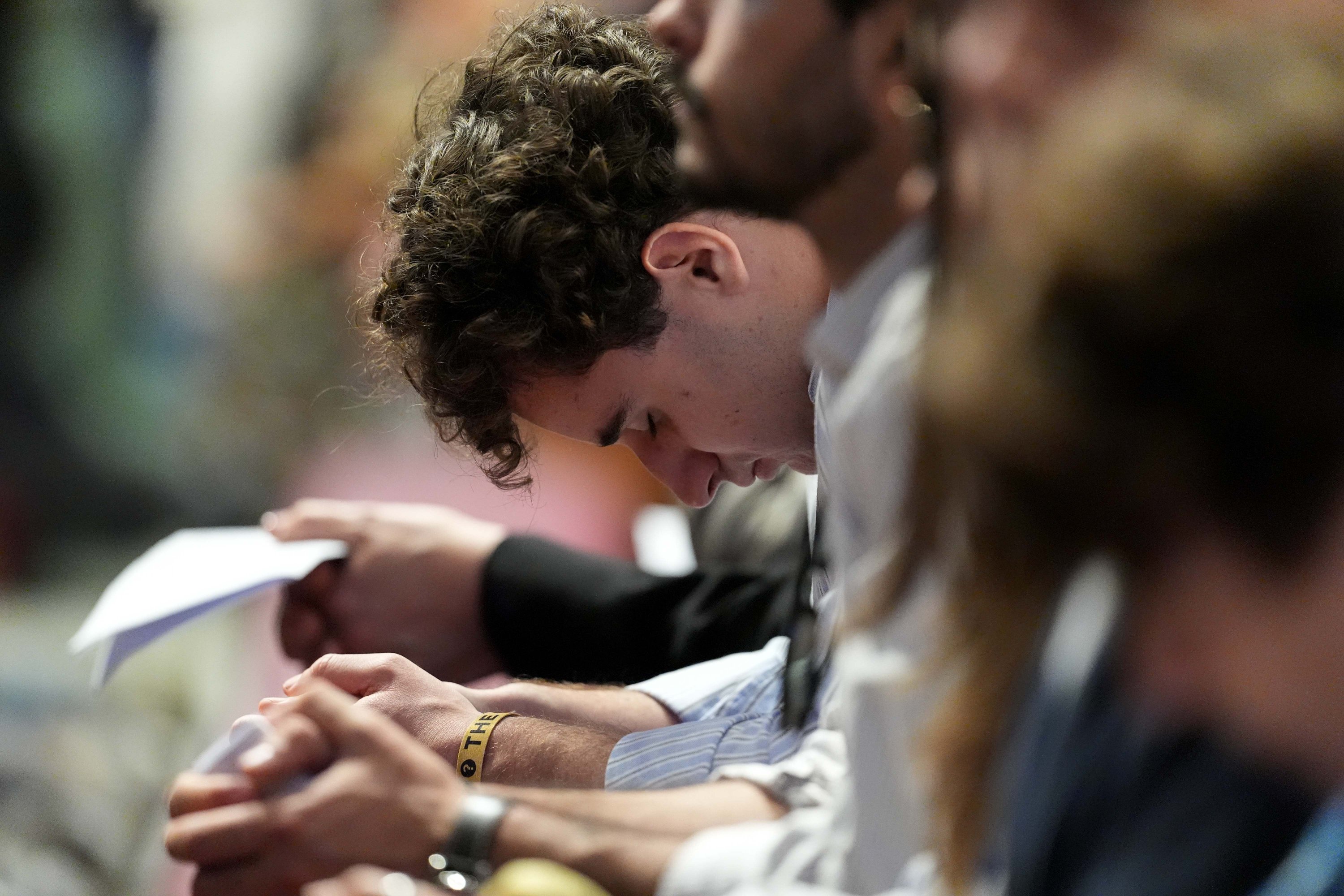
Posted on 07/23/2025 19:28 PM (Detroit Catholic)
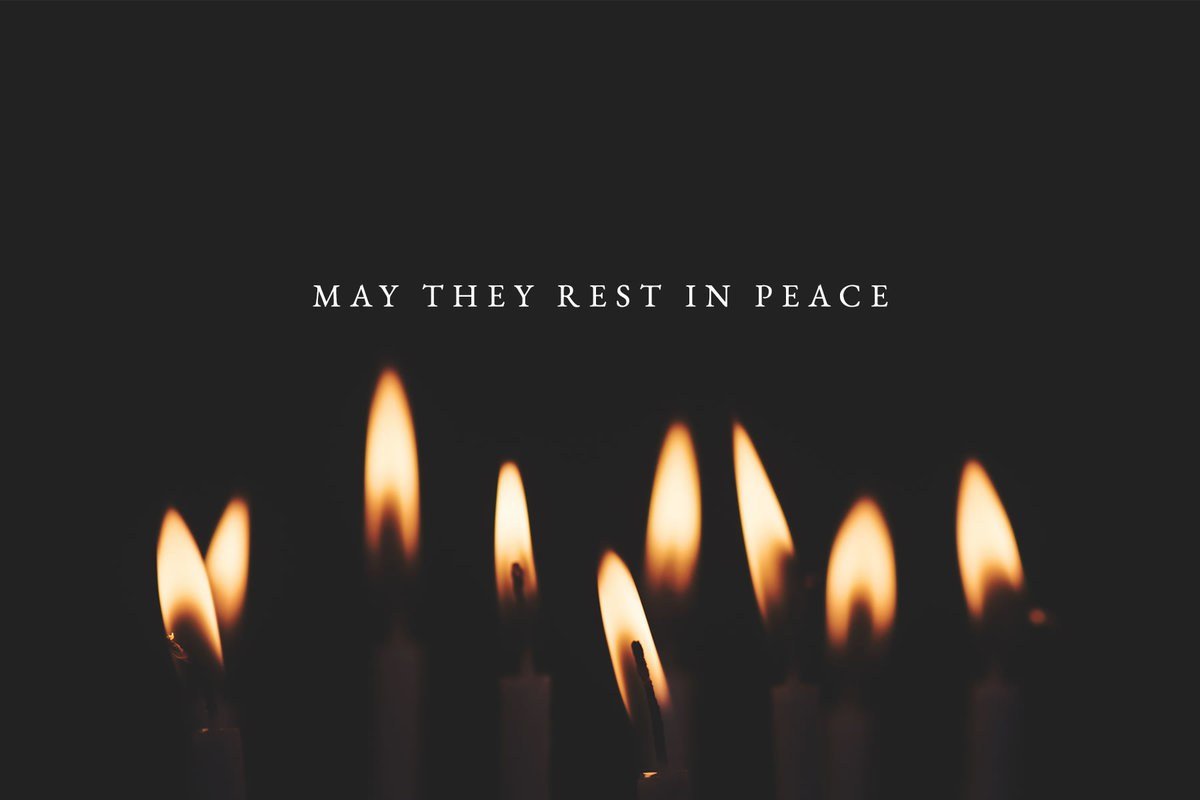
Posted on 07/23/2025 19:26 PM (Detroit Catholic)
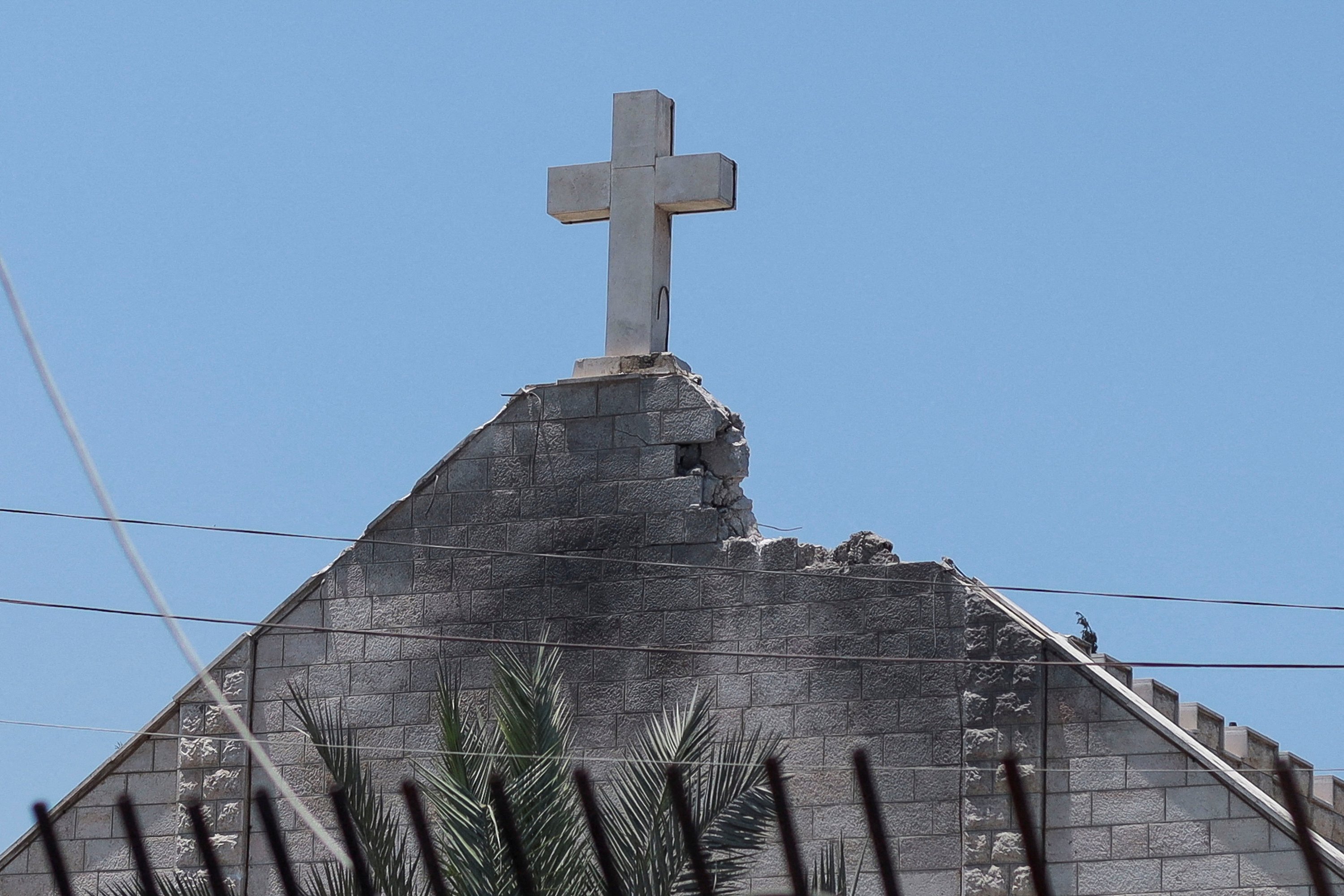
Posted on 07/23/2025 19:23 PM (Detroit Catholic)
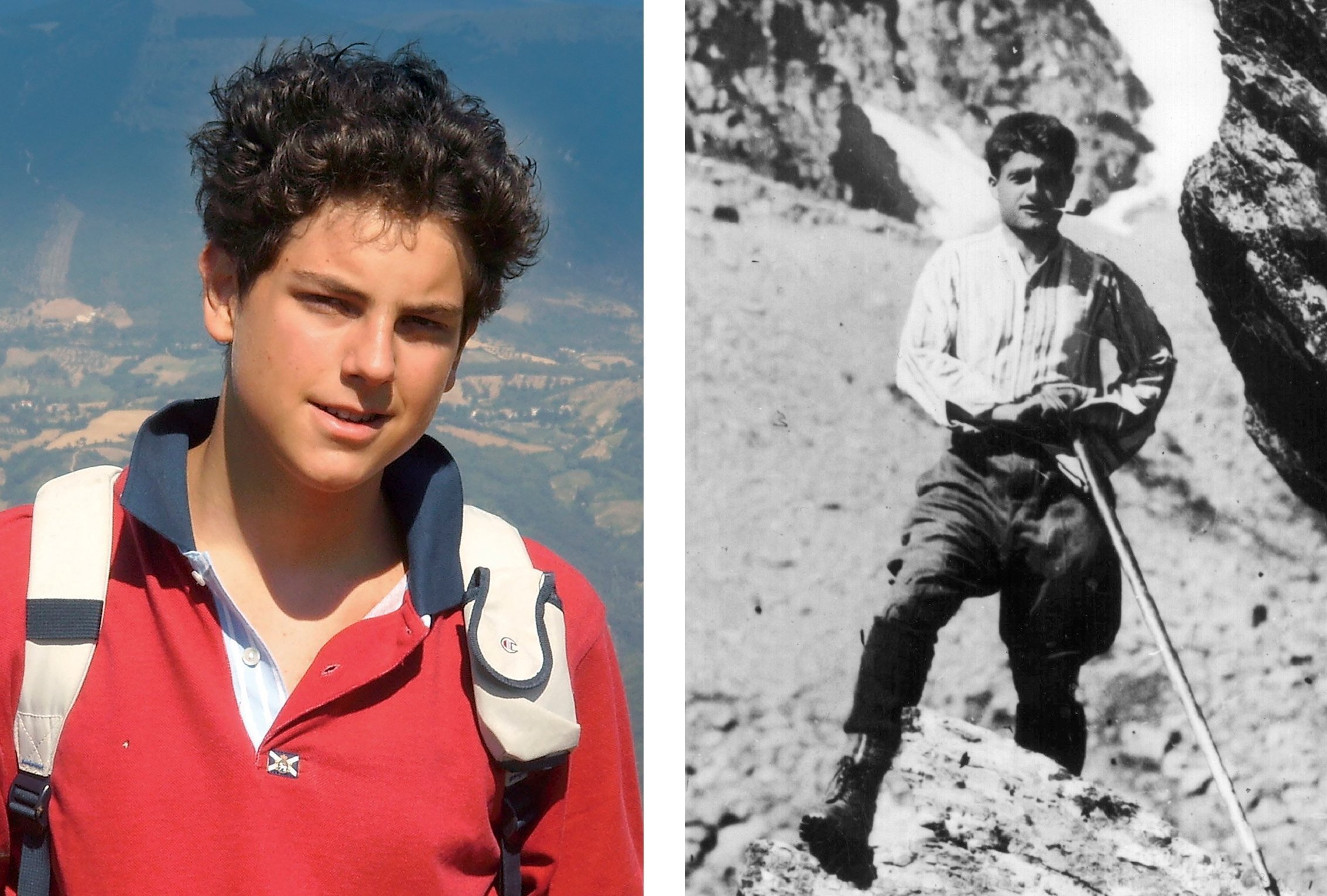
Posted on 07/23/2025 19:00 PM (Detroit Catholic)
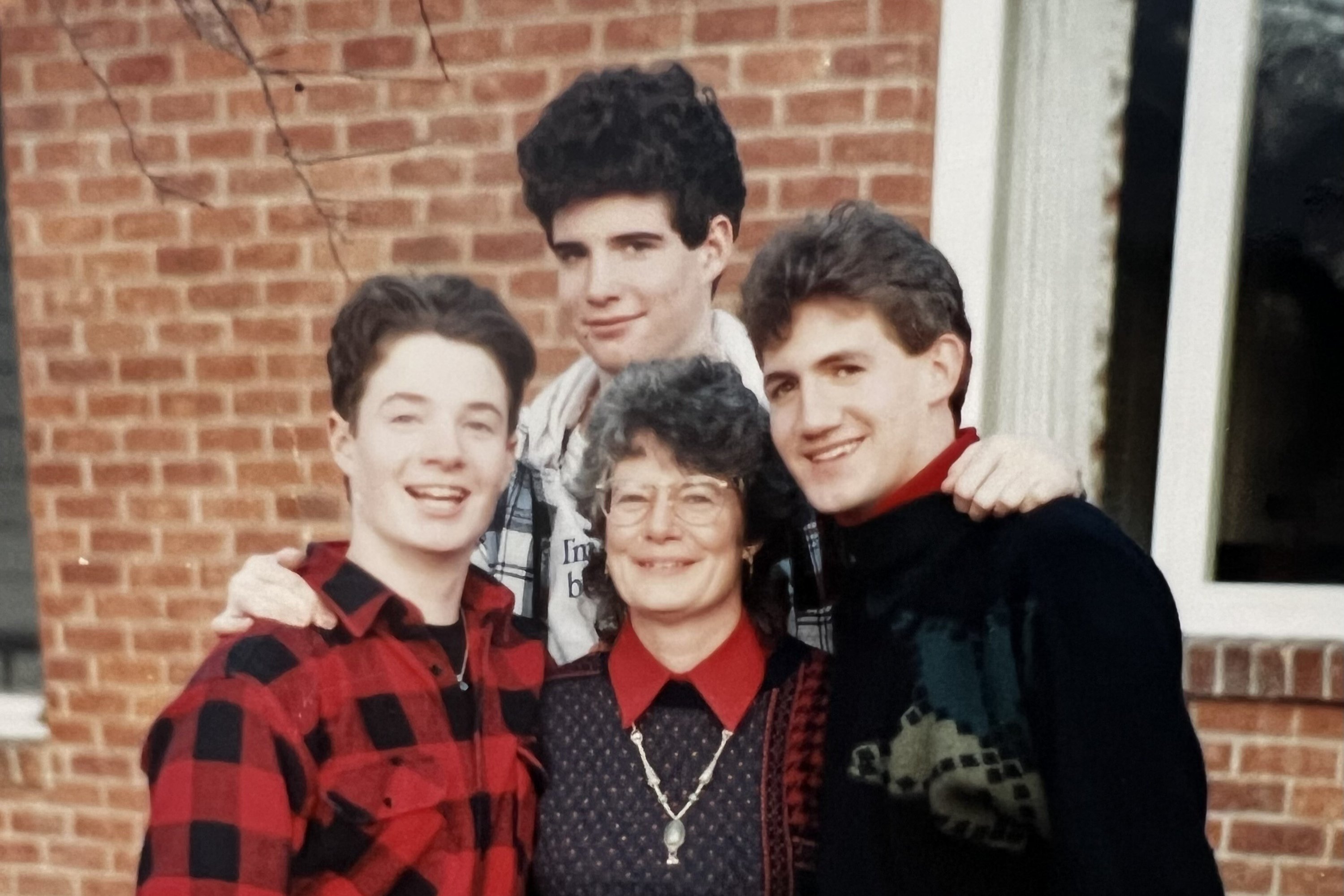
Mary Jo Crowley was unmarried when she gave birth to Marco DeCapite in 1969; now, her son wants to help other moms in need